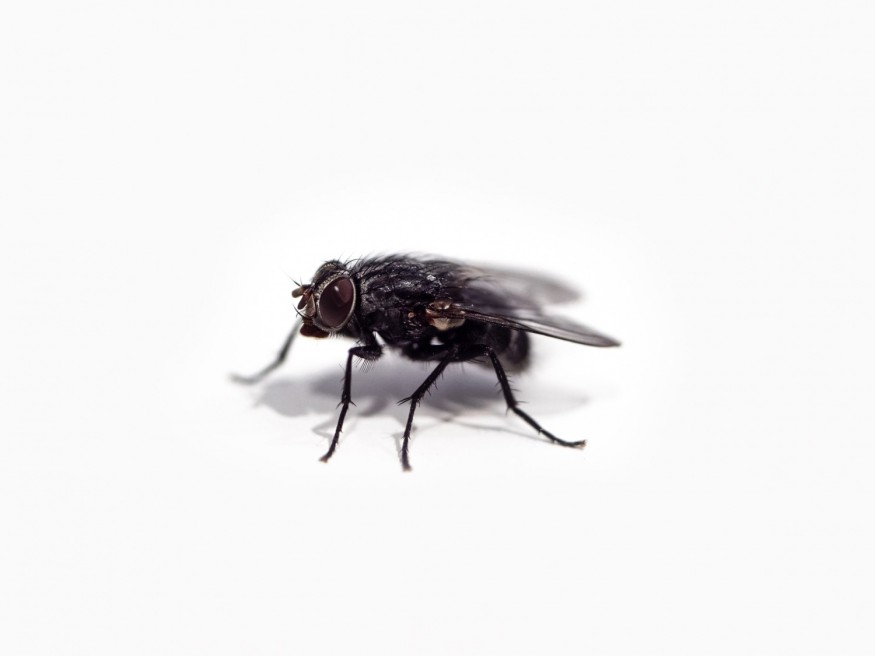Did you know that flies can taste food even if they don't have mouths? However, if the fly only stays for a few seconds, the odds of microorganisms spreading to your food are small, and your food should be alright.
It may appear obnoxious, but the fly is simply spitting on one's food or airing off its own digested food.
Most flies strive to lower the liquid content of what they have already eaten in order to fit more food into their stomachs. Since the majority of the over 110,000 known fly species lack teeth, they are unable to consume solid food.
Flies on Your Food

More significantly, the fruit flies you've probably seen buzzing around ripe bananas in your kitchen have shown to be quite useful in biological study.
You might have seen a fly rubbing its legs close, as if it were a hungry client about to eat a meal. Humans do not require all of this spitting and regurgitating to obtain nutrients from our food. Frogs, lizards, spiders, and birds who also eat flies, and an important part of the ecology.
Flies are a fan of grooming thus effectively cleaning itself, as well as the taste receptors on the bristles and fine hair of its feet, in order to have a better understanding of what is in the meal it has landed on.
In a research investigation, experts investigate at how insects see the world and how they use their eyesight to fly. When a fly lands on the sandwich, it's likely not the first thing it's done that day. Thus, if your home is infected with flies, you might just get rid of them including simple traps.
Flies frequently rest on filthy surfaces, such as a trash or decomposing food, which are rich in bacteria. In other words, certain flies are only eating liquids.
Doctors, for example, utilize blow fly maggots which are young, immature flies to remove rotting tissue from wounds.
Although some of the microorganisms can cause diseases like cholera and typhoid, this is far more harmful than their saliva.
Fruit flies are being studied by biomedical scientists from all over the world in order to uncover causes and solutions for diseases and genetic problems.
Significance of Flies in the Ecosystem
Flies need to release digestive juices whenever they land on food to liquefy that into a predigested, slurp able soup they can ingest.
So, while shooing flies away from your sandwich is inconvenient, could you spare a few bites of your lunch as flies can eat this more concentrated food after some water evaporates.
Flies are an important pollinator group, and many plants rely on them to develop. Germs can catch a flight and leap onto your meal if the fly remains still long enough.
Carnivorous plants are able control the population of flies by eating them. The very next time you're outside, keep an eye out for how many flies are visiting flowers in search of nectar.
The maggots secrete antiviral and antibacterial fluids, which have aided scientists in developing new treatments for a variety of diseases infections. However, an enzyme called amylase is produced in your saliva, which predigests portion of the sandwich bread when you chew.
Lastly flies can also be used for medical purposes.
© 2025 NatureWorldNews.com All rights reserved. Do not reproduce without permission.





